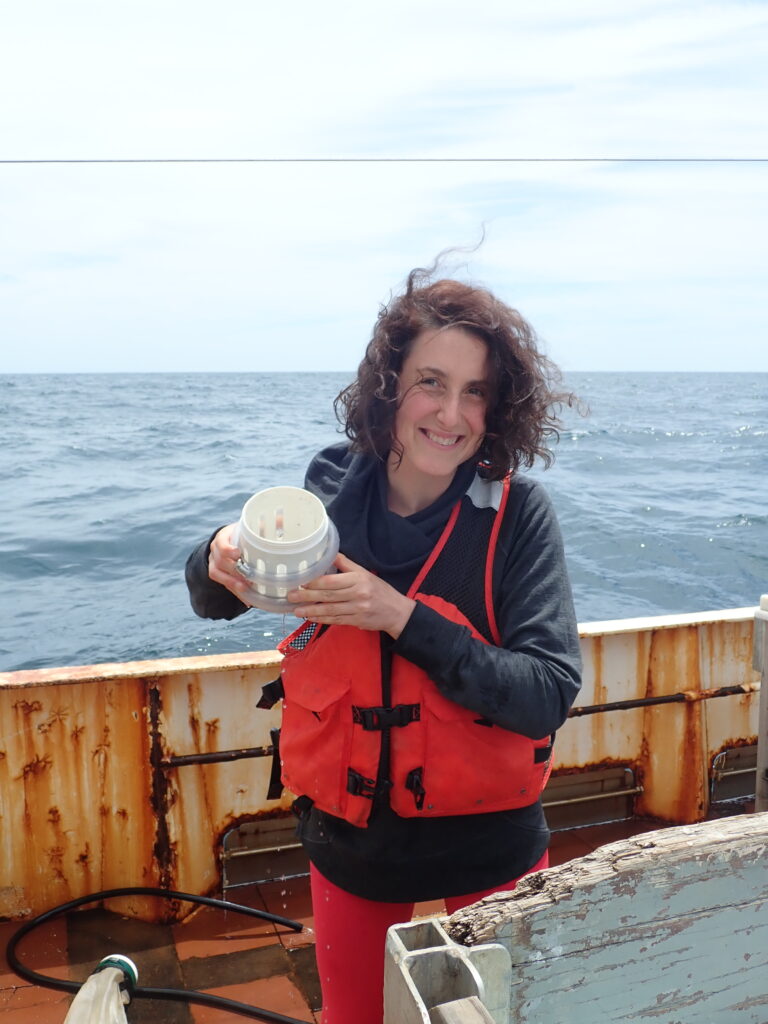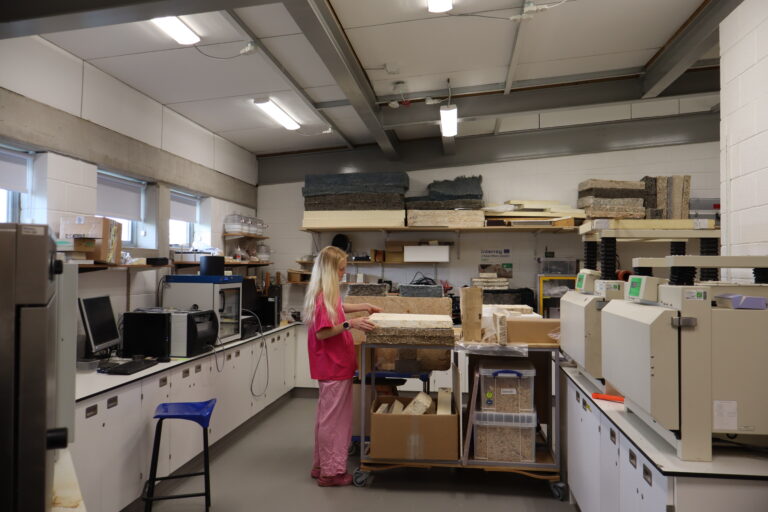In October 2024, marine scientist Sarah Weisberg thought she’d secured her dream job at the National Oceanic and Atmospheric Administration (NOAA), the US government scientific agency that plays a crucial role in predicting extreme weather events.
After only a few months, she saw her dream evaporate with Trump’s administration changes. “There was a lot of uncertainty … they terminated the positions of many probationary workers, including mine. That was very difficult,” says Weisberg, who specifically focuses on marine ecosystems. Around a quarter of her coworkers also lost their jobs.
Weisberg is one of the many scientists now leaving the country for better opportunities and working conditions. A recent poll by the journal Nature suggests that 75 per cent of US scientists are considering leaving the nation and looking for jobs in Canada and Europe following the White House’s slash-and-burn policy on academic funding. The grants subject to review were selected due to their association with a list of banned words, including “climate crisis”, “climate science”, and “pollution”.
Many research projects have been cancelled entirely or are now underfunded, significantly affecting areas like climate science and technology. Columbia University lost $400m (£296m) in federal contracts after declining to remove its diversity initiatives. The Trump administration also cut $4m (£2.9m) of Princeton University’s climate research funding, with the claim that the university creates “climate anxiety” with “exaggerated climate threats”.
The UK and Europe stand to benefit from this brain drain, as American experts from elite universities look for friendlier places of employment.
Britain, which has the advantage of sharing a common language, is the obvious choice – but the situation is complicated by the fact that British universities are facing their own funding cuts. The UK Research & Innovation organisation, responsible for distributing government grants to universities, has seen its £9.1bn budget slashed by £300m.
Four out of five UK universities are considering cutting research spending, with 19 per cent having already done so in the last year, according to a survey by Universities UK.
“It’s very far-reaching,” says Joeri Rogelj, director of research at the Grantham Institute and professor of climate science and policy at Imperial College London. “These funding cuts undermine long-term programmes and expertise.”
Rogelj warns that such cuts leave the planet “less prepared for climate extremes that we have experienced over the past years, and will be continuing to experience in the years and decades to come.”
Opening new fellowship positions is already challenging enough and nowhere near enough to offset the impact of the American cuts, he adds.
Meanwhile, European universities and research centres have moved in the opposite direction, expanding programmes and securing more long-term funding.
On 5 May, French president Emmanuel Macron organised a meeting at Sorbonne University with the president of the European Commission, Ursula von der Leyen, to discuss the future of climate research. Macron pushed national research institutions in France to welcome American scientists and launched the Choose France for Science initiative to show that France and Europe can be “places of stability and academic freedom for researchers all over the world.”
In a statement posted on X, he said: “This call is directed to all free minds who want to work for science and defend a certain vision of society. Researchers from all over the world, choose Europe for science!”
In his closing speech at the Sorbonne, he said that the initiative has already “generated over 30,000 visits, one-third from the United States, with several hundred application files opened.”
Aix-Marseille University in France also announced that it wants to fund the work of 15 academics in health, astrophysics, and climate in the form of a new Safe Place for Science project, which will be a three-year €15m (£10.9m) programme.
At the Sorbonne conference, Von der Leyen announced “super grants” for scientific excellence via the European Research Council. The council has also decided to double the additional funding available for grantees relocating to Europe.
research should be protected as much as possible
Jan Danckaert, Vrije Universiteit Brussel
Other European universities have proposed similar special programmes to attract researchers from abroad. Jan Danckaert, rector at Vrije Universiteit Brussel in Belgium, explained that now more than ever, European universities need to stand for the values that led to the creation of the European Union.
“We believe, as a university, that research should be protected as much as possible from pressures from outside, whether they be ideological, political, religious or others,” he says. “The freedom in academia has made Europe grow from the Renaissance until now.”
Weisberg says she didn’t want to leave the US. But, in March 2025, she packed up her life and headed to Denmark, where she now works as a professional advice officer at the International Council for the Exploration of the Sea. Many of her colleagues have not yet found new roles or ways to continue their work.




